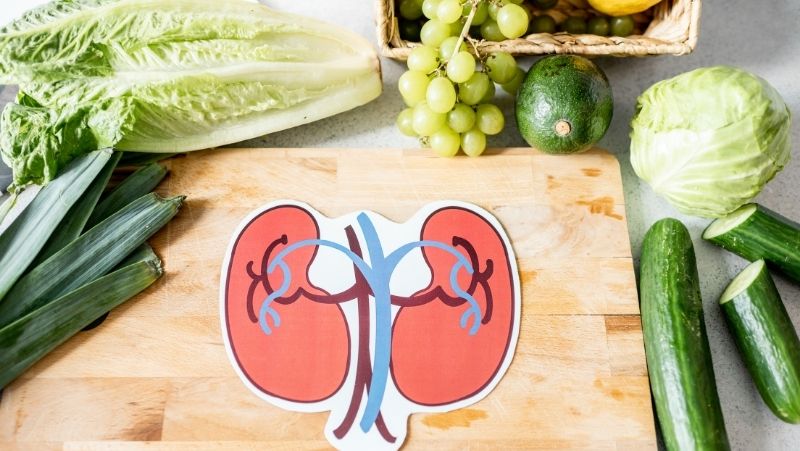Nutritional support

In Dr. Anil Patel’s kidney clinic, nutritional support plays a crucial role in the comprehensive care of patients with kidney disease. Here’s how nutritional support might be implemented and managed:
Nutritional Assessment: Dr. Patel conducts a thorough nutritional assessment for each patient, considering factors such as dietary intake, nutritional status, anthropometric measurements, comorbidities, and treatment goals. This assessment helps identify nutritional deficiencies, assess energy and protein requirements, and tailor nutritional interventions to meet individual patient needs.
Dietary Counseling: Dr. Patel provides personalized dietary counseling to patients with kidney disease, including those on hemodialysis, peritoneal dialysis, or conservative management. He educates patients about dietary restrictions, such as limiting sodium, potassium, and phosphorus intake, and emphasizes the importance of maintaining adequate protein and calorie intake to prevent malnutrition and optimize health outcomes.
Meal Planning: Dr. Patel works with patients to develop customized meal plans that align with their dietary restrictions, preferences, cultural background, and lifestyle. This may involve incorporating foods that are low in sodium, potassium, and phosphorus while ensuring adequate protein from high-quality sources.
Nutritional Supplements: Dr. Patel may recommend nutritional supplements, such as oral nutritional supplements or specialized renal-specific formulations, to help patients meet their nutrient needs, especially if dietary intake is insufficient or if patients have increased nutrient losses due to kidney disease or dialysis.
Fluid Management: For patients with kidney disease, fluid intake may need to be restricted to avoid fluid overload and maintain fluid balance. Dr. Patel provides guidance on monitoring fluid intake and avoiding excessive fluid intake from beverages and foods with high water content.
Monitoring and Follow-Up: Dr. Patel monitors patients’ nutritional status regularly through follow-up appointments, laboratory tests, and clinical assessments. He evaluates changes in dietary intake, nutritional markers (such as serum albumin, prealbumin, and cholesterol levels), and body composition to assess the effectiveness of nutritional interventions and make adjustments as needed.
Collaboration with Dietitians: Dr. Patel collaborates closely with registered dietitians specializing in renal nutrition to provide comprehensive nutritional care to patients with kidney disease. Dietitians play a crucial role in assessing dietary intake, providing individualized nutrition counseling, and addressing specific nutritional concerns or challenges faced by patients.
Patient Education and Empowerment: Dr. Patel empowers patients to take an active role in managing their nutrition and kidney health by providing education, resources, and support. He encourages patients to make informed decisions about their dietary choices, adhere to prescribed dietary recommendations, and adopt healthy lifestyle behaviors to optimize their overall well-being.
Overall, nutritional support in Dr. Anil Patel’s kidney clinic focuses on personalized dietary counseling, meal planning, nutritional supplementation, fluid management, and regular monitoring to ensure that patients with kidney disease receive optimal nutrition to support their health and quality of life.
